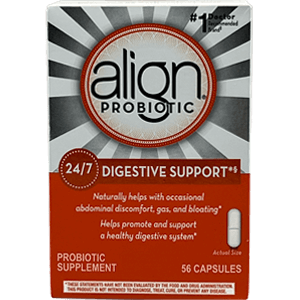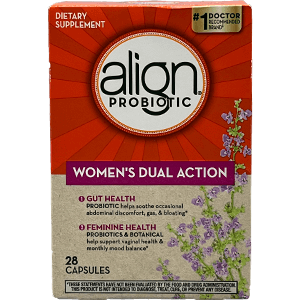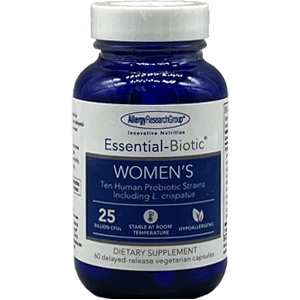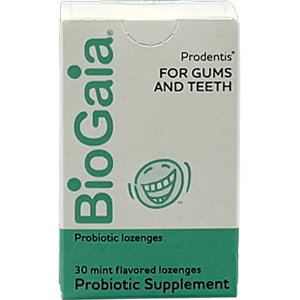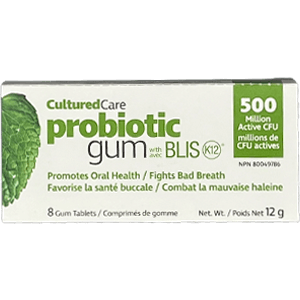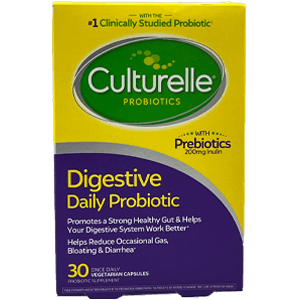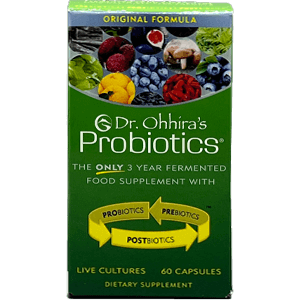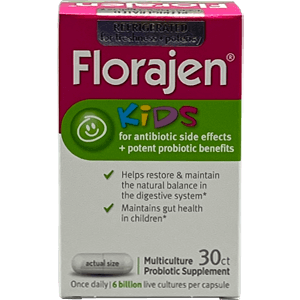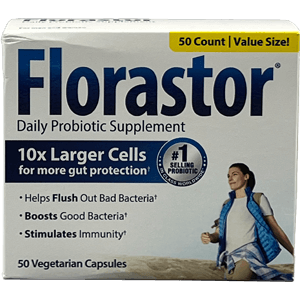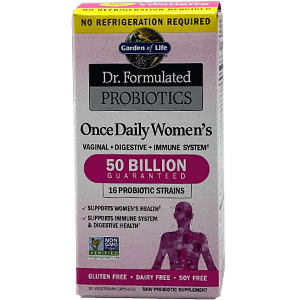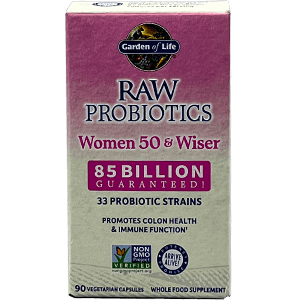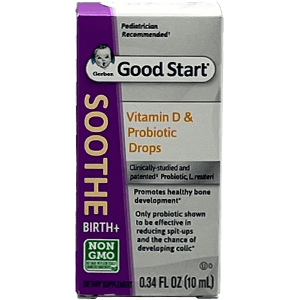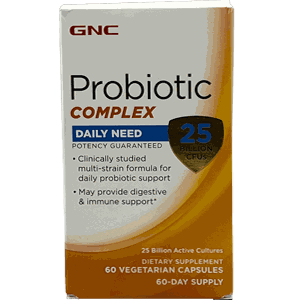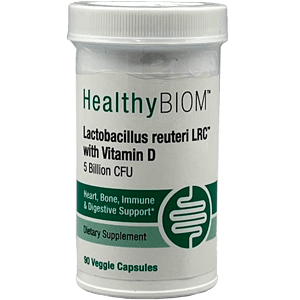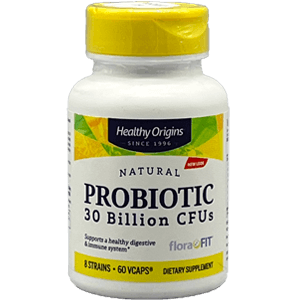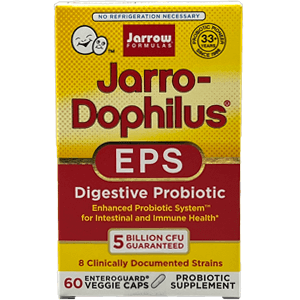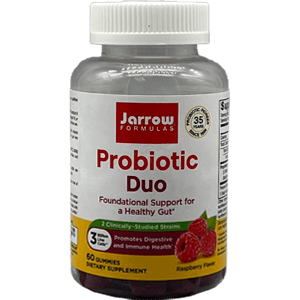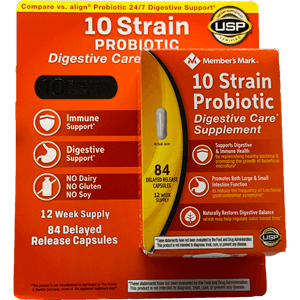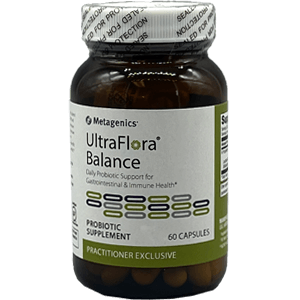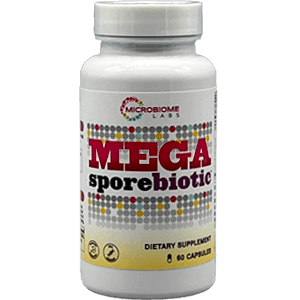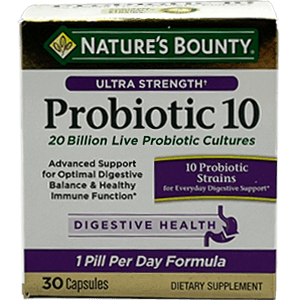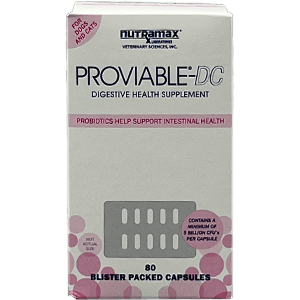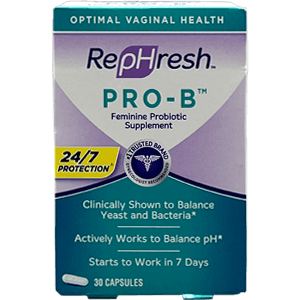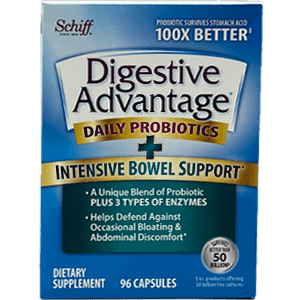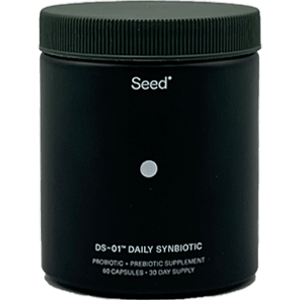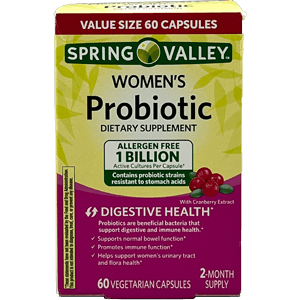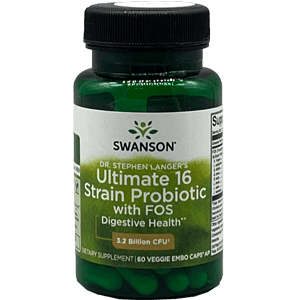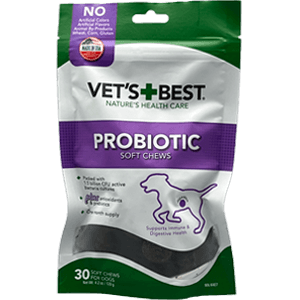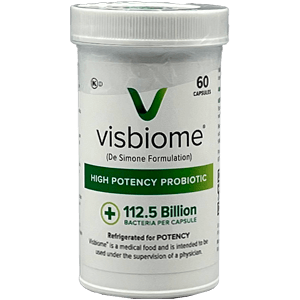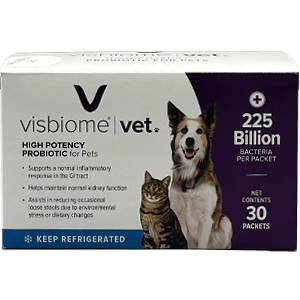Summary
-
What are probiotics?
Probiotics are viable (living or hibernating) bacteria and/or yeasts that confer a health benefit. Probiotics are sold as capsules, tablets, powders, chewing gums, gummies, and lozenges, as well as cultured foods and beverages, such as yogurts and kefirs -
What are the health benefits of probiotics?
Certain probiotic strains may have gastrointestinal benefits, including reducing the risk of diarrhea associated with antibiotics and helping with constipation, bloating, diarrhea and irritable bowel syndrome, and preventing colic in infants. Probiotics may also help with other conditions, such as gum disease and allergies, and may slightly lower blood pressure and cholesterol (LDL and apoB) levels. Taken orally, probiotics don't seem to help prevent or treat vaginal yeast infections, and there is little evidence to support their use to reduce risk of urinary tract infections (UTIs). -
What's the right dose of a probiotic?
Typically, a probiotic should provide at least 1 billion cells daily — although, as discussed in the "What They Do" section, some probiotics have been shown to work at a lower dose (100 to 500 million cells), such as those for children or used to treat conditions in the mouth. Be aware that there can be huge variation in the number of viable cells (called colony-forming units or CFUs) from product to product. Among products tested, this ranged from just 100 million to hundreds of billion!
Enteric coating may increase the number of cells that survive passage through the stomach, but these coatings could potentially seal-in unwanted bacterial contamination, yeast or mold. If using a non-enterically coated probiotic, it may be best to take it shortly before or during a meal. Be aware that in general, probiotics will only survive in your gut for a limited amount of time (see ConsumerTips). -
What did ConsumerLab find testing probiotics?
Most products were found to contain their listed amounts of probiotics, if not more, and were not contaminated with pathogenic organisms. However, one product contained hardly any viable organisms, despite listing many probiotic strains (see What CL Found.) What are the best probiotic supplements?
Among products that were Approved for their quality in our tests, we selected Top Picks for some of the most common uses of probiotics for people, and for dogs and cats, based on containing the types and amounts of probiotic organisms that have evidence of being effective.-
What are prebiotics and postbiotics?
Prebiotic ingredients are sometimes added to probiotic supplements although in amounts that are typically smaller than used clinically. Prebiotics provide soluble fiber that promotes the growth of probiotic bacteria and may be beneficial for irritable bowel syndrome, constipation, blood sugar control, lowering cholesterol, and other conditions (see our Prebiotic Supplements Review). Postbiotics are also sometimes added to probiotics. Postbiotics include heat-killed probiotics as well as the byproducts of fermentation, such as butyrate, carried out by probiotic organisms. These may be beneficial for diarrhea, Crohn's disease, irritable bowel syndrome, weight loss, and preventing common colds (see All About Postbiotics). Probiotics that include prebiotics or postbiotics have, together, have been referred to a synbiotics. -
Are probiotics safe?
Probiotics may temporarily increase digestive gas. If you have a milk allergy, be aware that trace amounts of milk proteins may occur in some probiotics. Probiotics may not be safe prior to abdominal surgery and should be used with caution in people who are severely ill, immunocompromised, or have feeding tubes or central lines. For more details see Concerns & Cautions.



